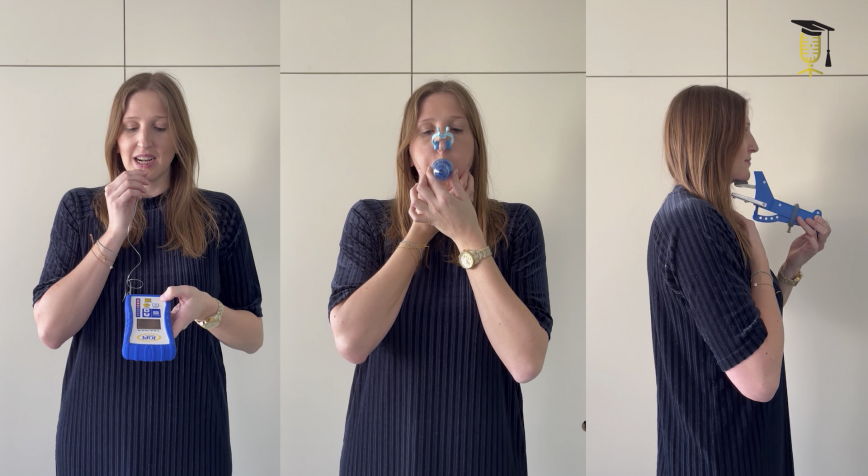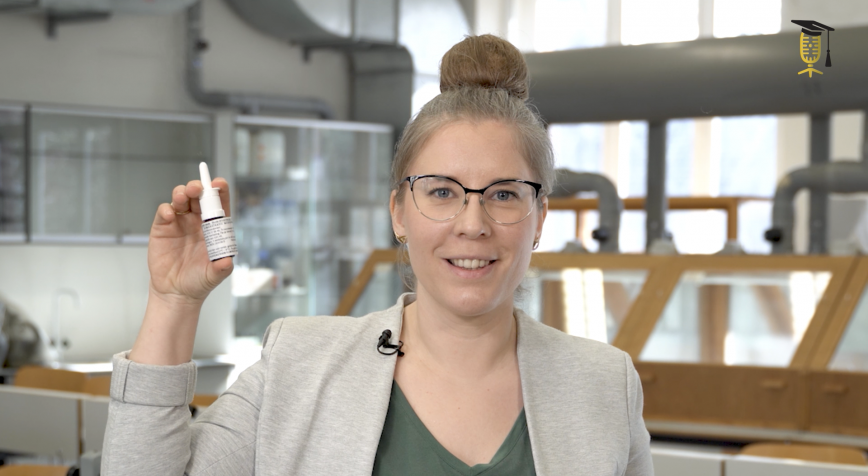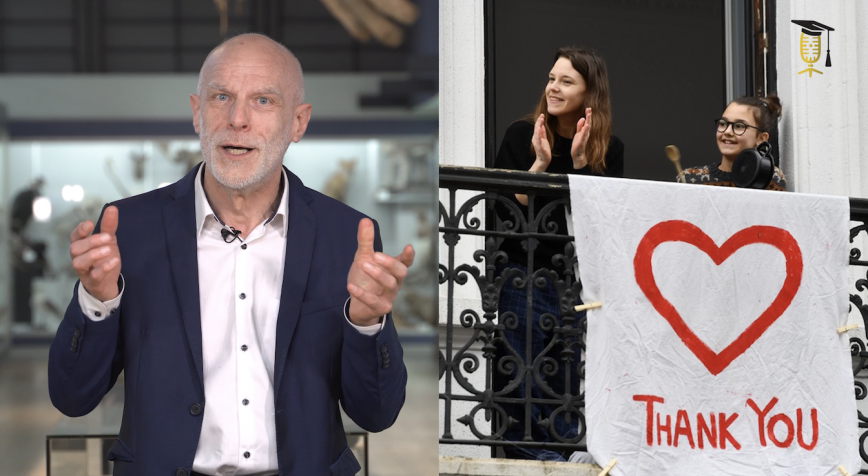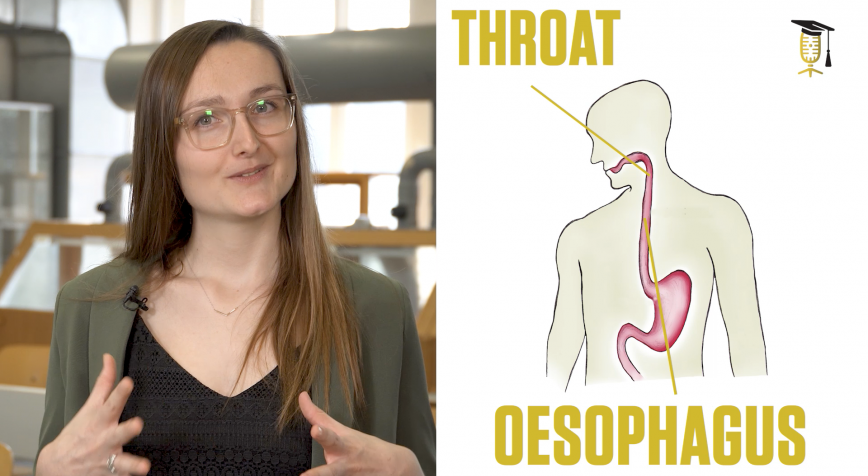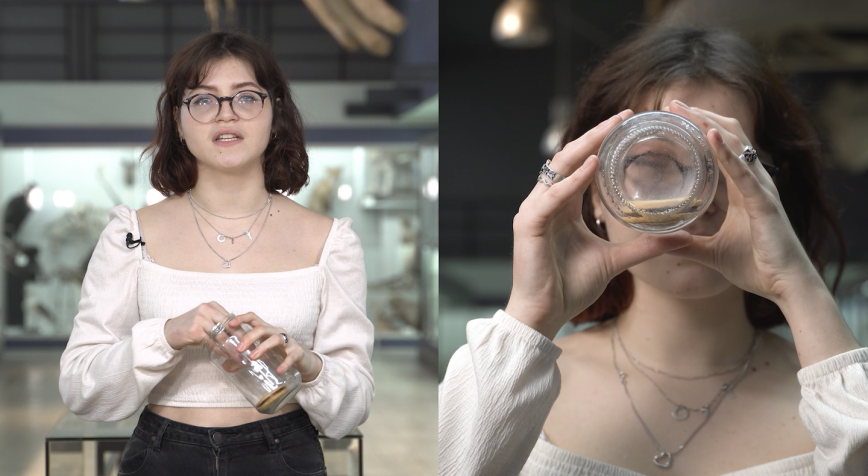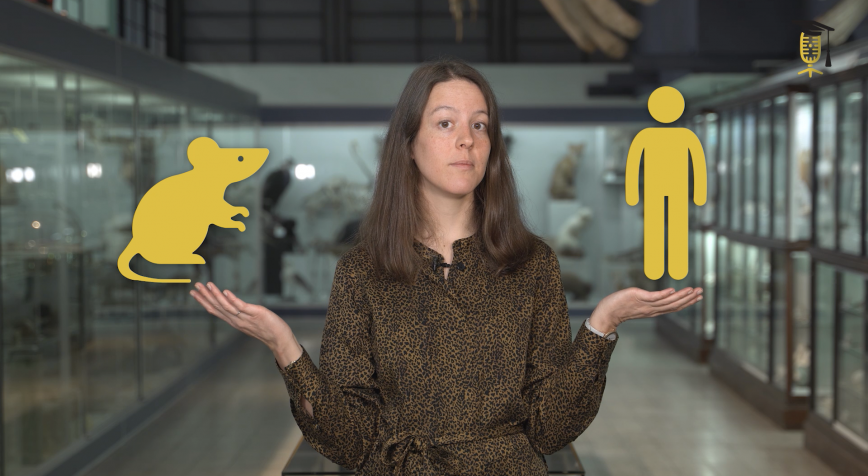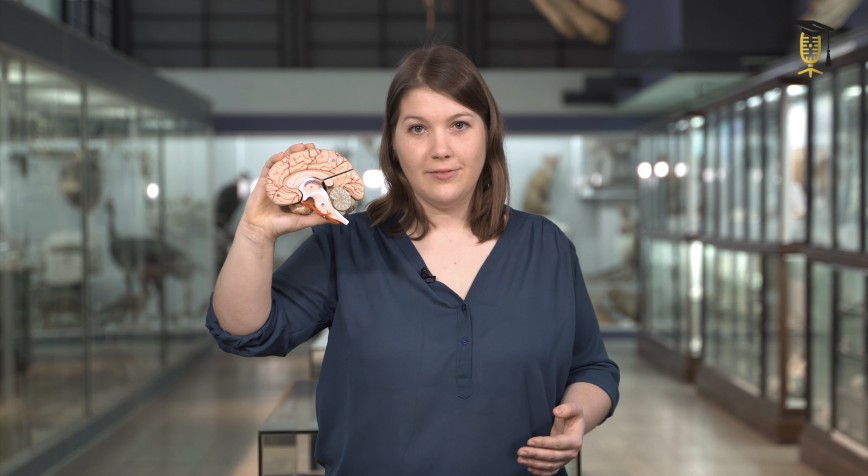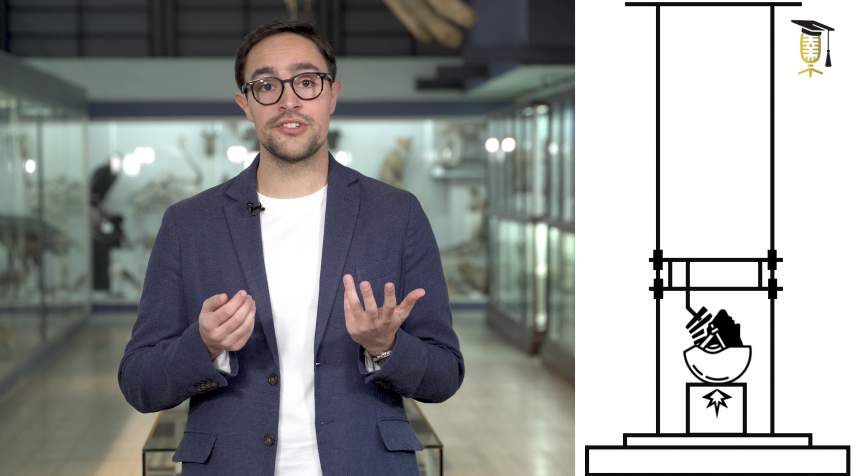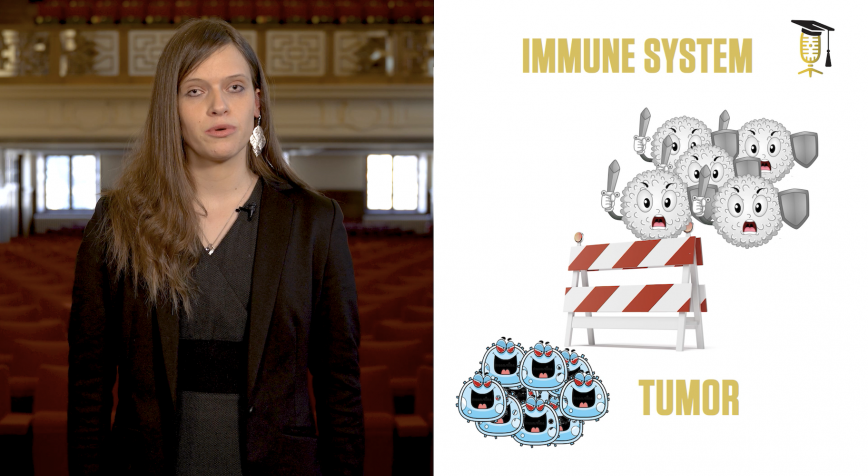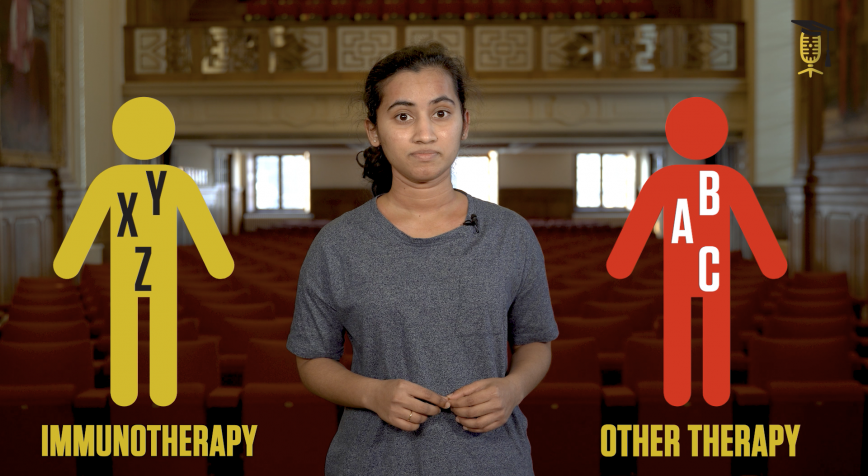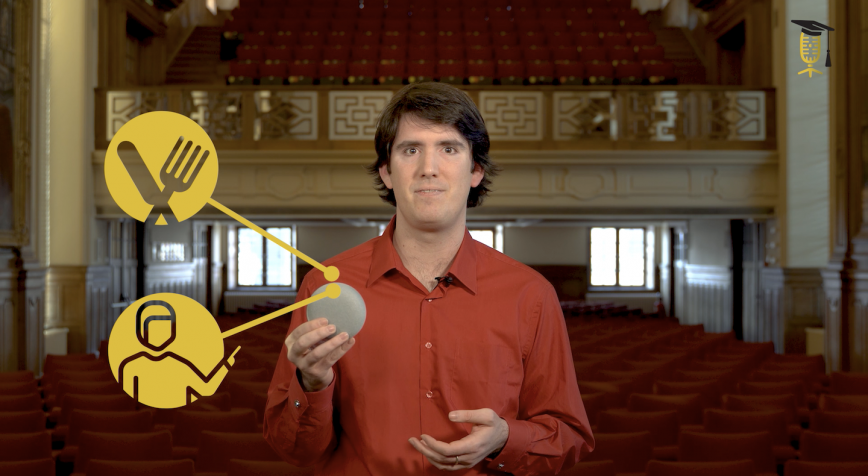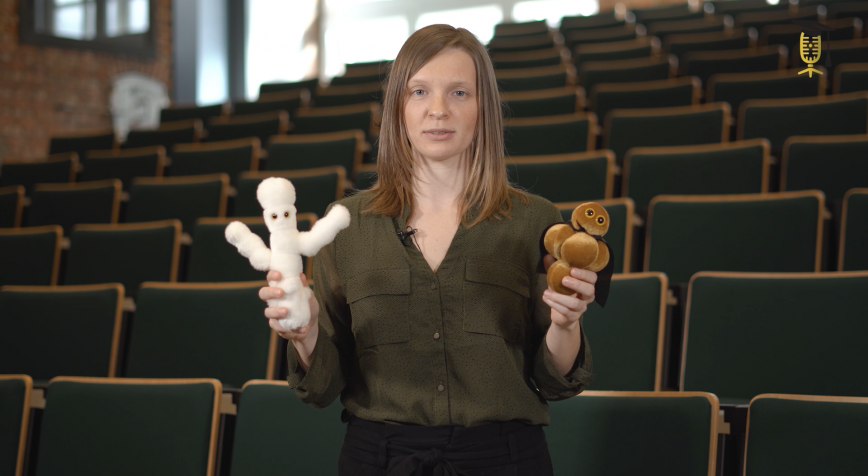
FWO
KU Leuven
VIB
A conspiracy between two microbes
Together you are always stronger. Unfortunately, this also applies to some microbes, which can conspire to make us seriously ill. Microbiologist Katrien Van Dyck is investigating such a conspiracy between a fungus and a microbe that work together to cause a serious infection. By studying the interaction between the two, she hopes to find out how we can break their alliance.
